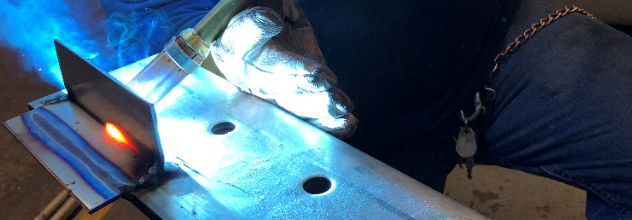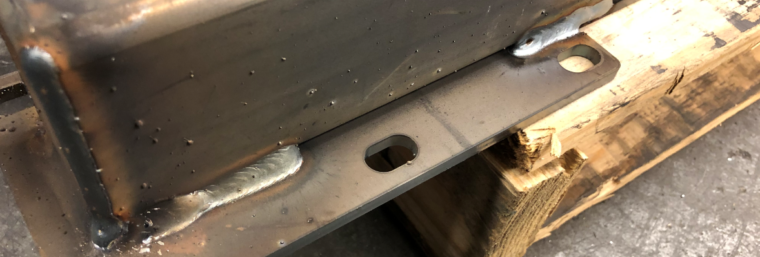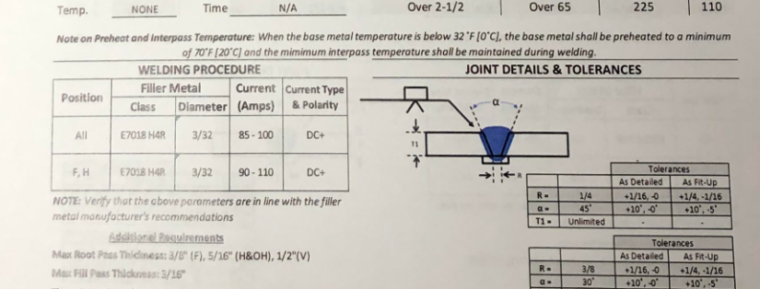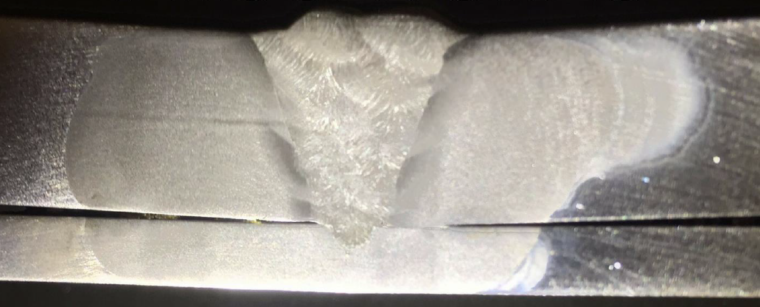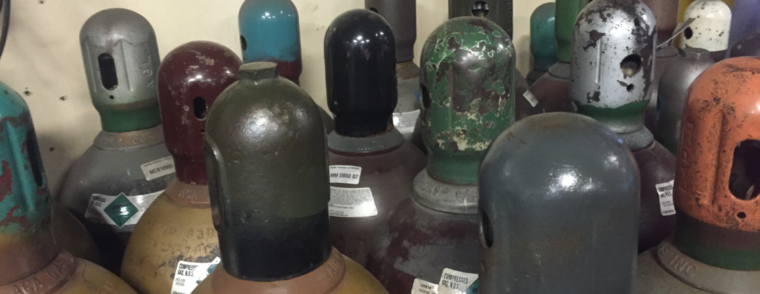Steps to determine if welding preheat can be eliminated?

As discussed in our previous article, and many times in the last 50 or so, preheat is necessary in steel welding to control the cooling rate. More specifically, preheat is used to slow the cooling rate down in order to prevent excessive hardness in the heat affected zone (HAZ) which can lead to cracking. Before […]


